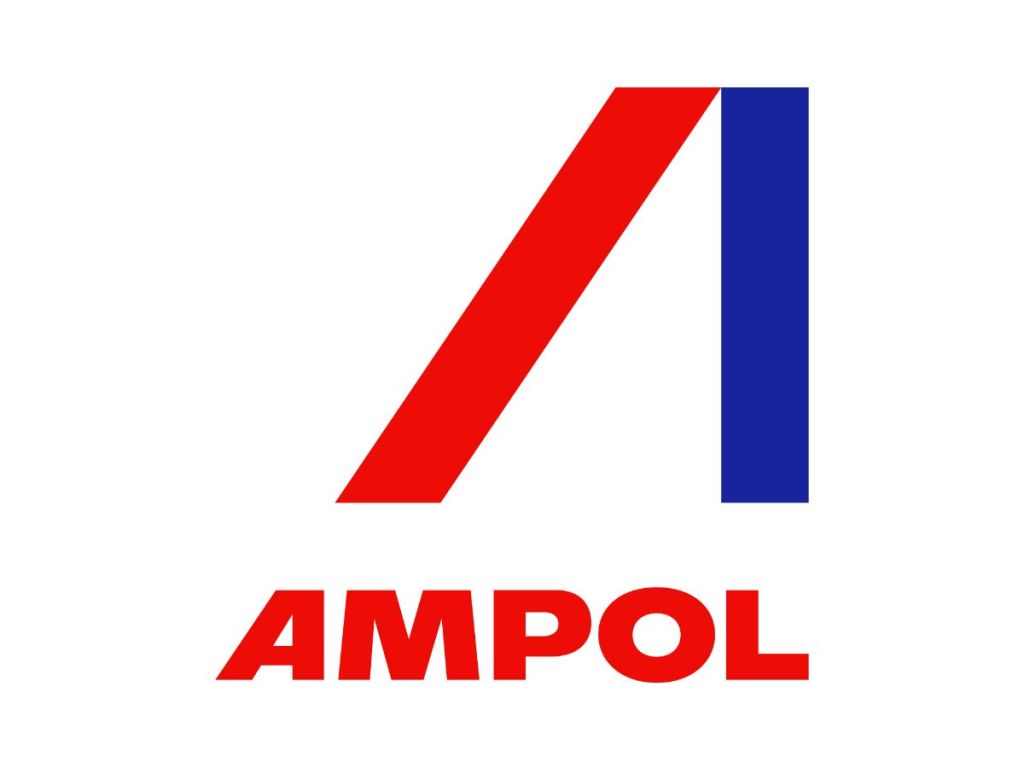Ampol is conducting a comprehensive review of its sole refinery, with options including closure and the permanent transition to an import model both being considered.
The Lytton refinery in Brisbane ran at a loss of $82 million in the September quarter, taking the year to date loss to $141 million.
Impacts of the COVID-19 pandemic on global hydrocarbon demand and refiner margins, and the decision to bring forward and extend the planned refinery Turnaround & Inspection (T&I) have contributed towards the Lytton result.
In April, the refinery was temporarily shut down for maintenance, with Ampol (formerly Caltex) at the time saying the measures were aimed at protecting the business as they navigated the unprecedented and challenging period, including the reduced cash flow at the refinery due to weak refiner margins brought on by COVID.
Lytton refinery is now in operation with production for the December quarter expected to be 1.3 billion, with Lytton expected to deliver 3.4 billion of production for the full year of 2020, down from 5.8 billion for FY2019.
Ampol will commence a comprehensive review of the Lytton refinery and its related supply chains to determine the best operating model over the medium term.
The review will deliberate all options, including closure and permanent transition to an import model, the continuation of existing refining operations and other alternate models of operation, including the necessary investments required to execute each of the options.
Ampol Managing Director and CEO, Matt Halliday, said the review will consider all relevant strategic, economic and operational factors, including the recent measures announced by the Australian Government to support refining and bolster fuel security, and the potential impacts on employees, suppliers and other stakeholders.
“Global economic conditions triggered by COVID-19 have put significant pressure on refining, as evidenced by our performance in the first half and the significant losses announced.
“We must continue to deliver strong returns on capital and this review will allow us to be proactive in determining the best course of action to protect our balance sheet, improve earnings certainty and maximise shareholder value from our integrated supply chain. The review is also an important step to ensure the ongoing competitive cost of liquid fuel supply to our customers.”
The Lytton review is expected to conclude in the June quarter of 2021.

